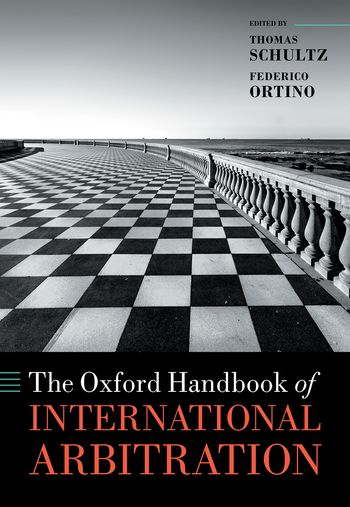
This Handbook gives voice to many of the key scholars in international arbitration, and some of its leading practitioners, to present and discuss cutting-edge knowledge in the area. It reflects the different 'languages' used in the field, and offers the reader a one-stop-shop entry into the subject, and the ways in which international arbitration is discussed today.
The book is divided into six parts, after an introduction discussing the formation of knowledge in the field. Part I provides an overview of the key legal notions needed to understand how international arbitration technically works, such as the relation between arbitration and law, the power of arbitral tribunals to make decisions, the appointment of arbitrators, and the role of public policy. Part II focuses on key actors in international arbitration, such as arbitrators, parties choosing arbitrators, and civil society. Part III examines the central values at stake in the field, including efficiency, legal certainty, and constitutional ideals. Part IV discusses intellectual paradigms structuring the thinking in and about international arbitration, such as the idea of autonomous transnational legal orders and conflicts of law. Part V presents the empirical evidence we currently have about the operations and effects of both commercial and investment arbitration. Finally, Part VI provides different disciplinary perspectives on international arbitration, including historical, sociological, literary, economic, and psychological accounts.